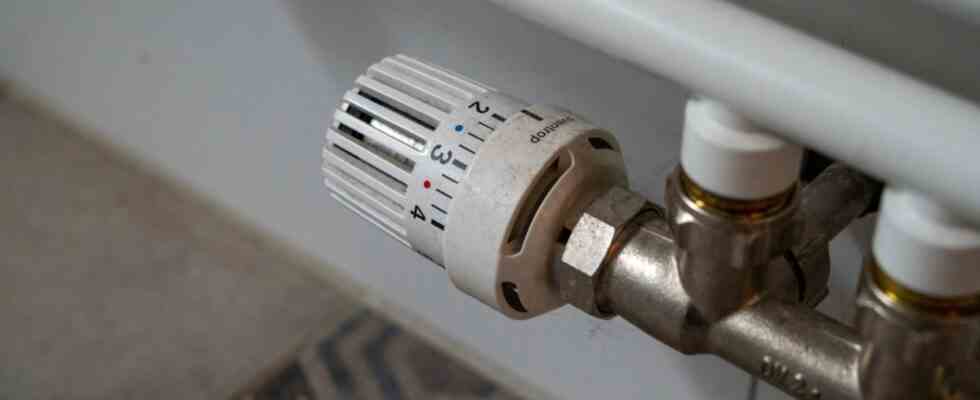The Greens are calling for a heat law for Bavaria. “If we want to achieve our climate protection goals, we need climate-neutral buildings by 2040,” says Martin Stümpfig, member of the Green Party and energy expert. “In addition, in combination with a heat fund, we can reduce gas consumption by more than ten percent by 2030.” This will make the Free State a whole lot more independent of controversial imports from Russia, for example. To this end, Stümpfig and his parliamentary group have drafted a heat law. It is up for vote in the state parliament this Tuesday.
Heat for heating homes, but also for industry, is responsible for most of the CO₂ emissions in Bavaria. Around 100 million tons of CO₂ are currently blown into the air in Bavaria every year. At 35 million tons, heat ranks first by far. Traffic follows in second place with 30 million tons, agriculture (23 million tons) in third place. Electricity production, which is a key part of the climate protection debate, is only in fourth place at just under twelve million tons.
Of course, this has to do with the fact that electricity production from renewable energies has been making great progress for some time. In the meantime, the conversion of traffic to climate-friendly drives is also making progress. “In the heat, however, hardly anything happens,” says Stümpfig. “The CO₂ emissions there have stagnated at a high level for years – in living as well as in industry.”
Nevertheless, the state government is neglecting the issue. In the draft of their new climate protection law, but also in the current package of climate protection measures by the Free State, heat is only marginally mentioned. The keywords are “climate construction” and “climate architecture” and refer, for example, to innovative construction with wood and the energetic renovation of state buildings. Stümpfig is convinced that the state government must quickly tackle the millions of old buildings in Bavaria if they want to make progress on climate protection and make the state less dependent on natural gas and oil imports.
“The decisive point is renovations in rented residential buildings,” says Stümpfig. “If we manage to modernize half of them energetically by 2030 and equip them with climate-neutral heating technology, we can save seven billion kilowatt hours of natural gas per year with this alone.” An energetic modernization of the schools in the Free State and the complete conversion of the district heating supply to waste heat from industry would result in savings of another five billion kilowatt hours of natural gas per year.
“These measures alone result in a minus of twelve billion kilowatt hours per year,” says Stümpfig. “That’s more than ten percent of Bavaria’s natural gas consumption, CO₂ emissions would be reduced by five million tons or five percent.” In order for this to succeed, the Greens are demanding a heat fund of 300 million euros a year, from which landlords can access grants for renovations, in addition to a legally regulated step-by-step plan.

